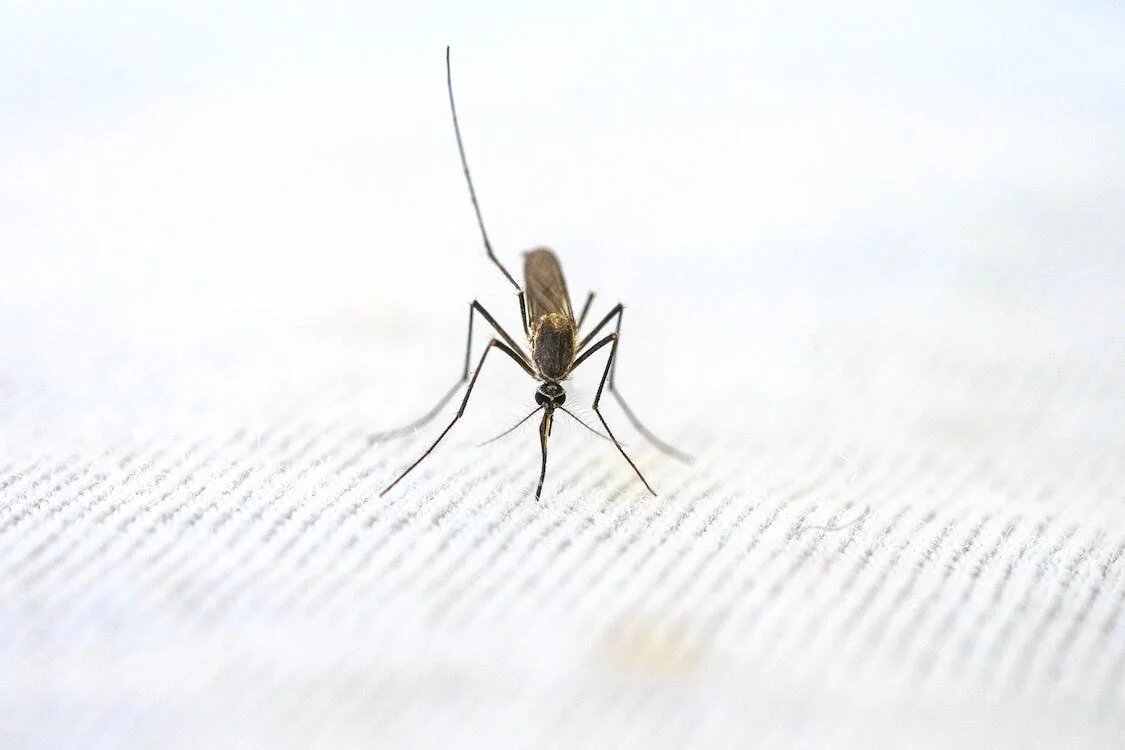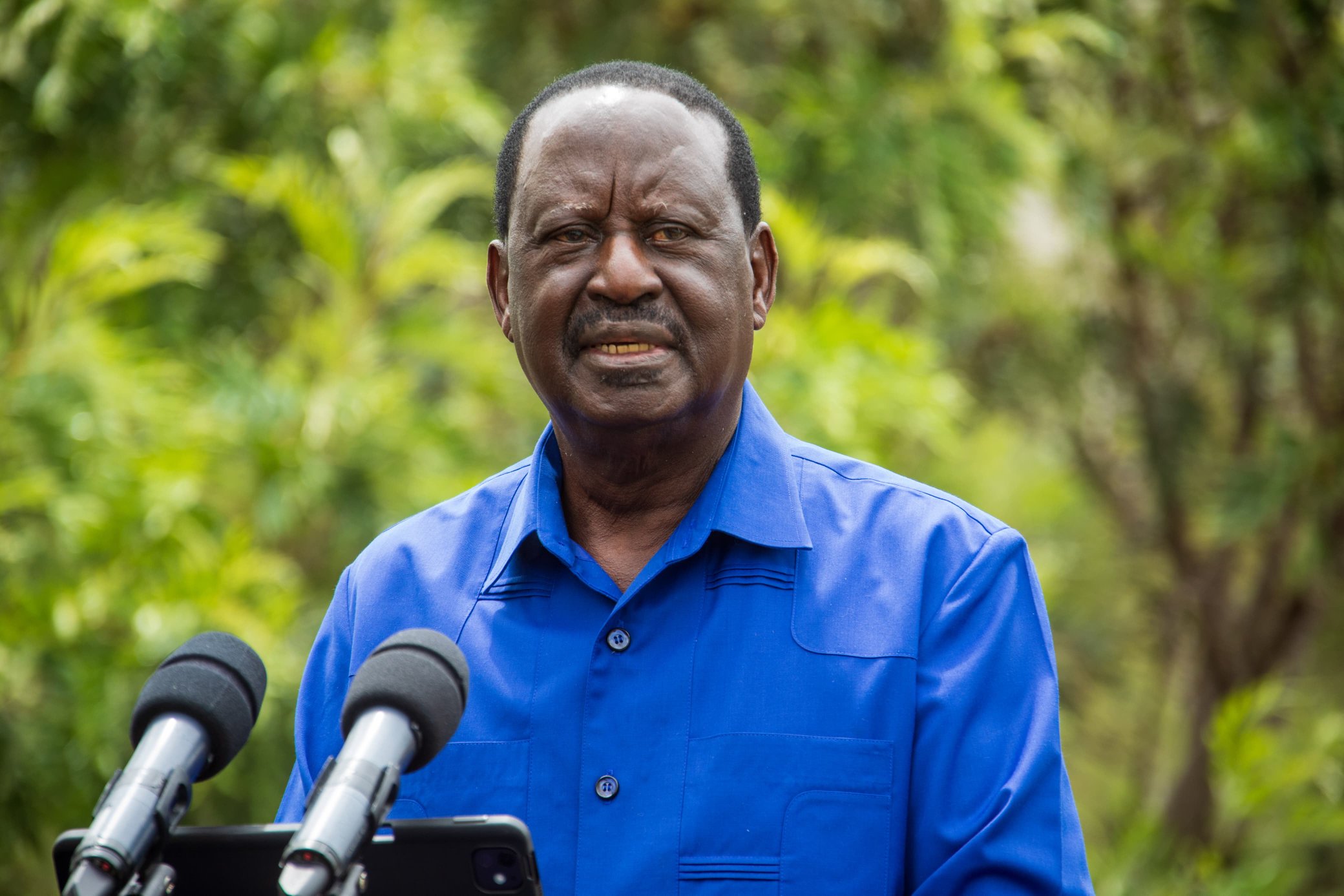State urged to scale up local production of malaria medication

As malaria continues to be a major public health threat in Kenya, the government has been urged to scale up the local production of antimalarial drugs to reduce dependency on imports and enhance the fight against the disease.
Despite progress in malaria control over the past two decades, the country still reports a high number of cases and deaths annually, with children under five and pregnant women most affected.
Speaking at Universal Corporation Ltd (UCL) in Kikuyu, Kiambu County, Dr Martin Fitchet, CEO of Medicines for Malaria Venture (MMV), emphasised the urgent need to support African pharmaceutical manufacturers in producing high-quality malaria treatments.
“Africa imports 95 per cent of the essential medicines it needs, yet 95 per cent of all malaria cases are also in Africa. The most shocking part is that up to 50 of the medicines in circulation are counterfeit, leading to as many as 300,000 preventable deaths annually,” Dr Fitchet stated.
“We must increase the quality manufacturing of pharmaceuticals by African manufacturers for African communities. It’s not just about fighting malaria — it’s about protecting lives and strengthening our economies,” he added.
Dr Fitchet also noted that the fight against malaria is being complicated by climate change, poverty, and drug and insecticide resistance.
He called on local manufacturers to produce upgraded and climate-resilient drugs that are safe and effective for children and pregnant women — two of the most vulnerable groups affected by the disease.
Echoing these sentiments, UCL founder and managing director Rajan Dhanani affirmed that Kenya already has the capacity to manufacture the volume of antimalarial drugs required to meet national demand.
However, he said government support is vital to expanding production and reducing reliance on imports.
“We have enough capacity to produce anti-malaria drugs to the tune of what the government requires. The disease has claimed too many lives in Kenya, and now is the time for the government to step up and build the capacity of local manufacturers. Greater support is needed in terms of purchasing and distributing drugs made locally,” he noted.
He regretted that Kenya’s dependence on foreign pharmaceuticals leaves the country vulnerable to supply disruptions and the proliferation of counterfeit drugs, which not only undermine treatment efforts but also contribute to growing resistance to existing therapies.
On his part, Chris Gitonga, Chairperson of the Kenya End Malaria Council, called on the private sector to play a more active role in malaria prevention and treatment.









